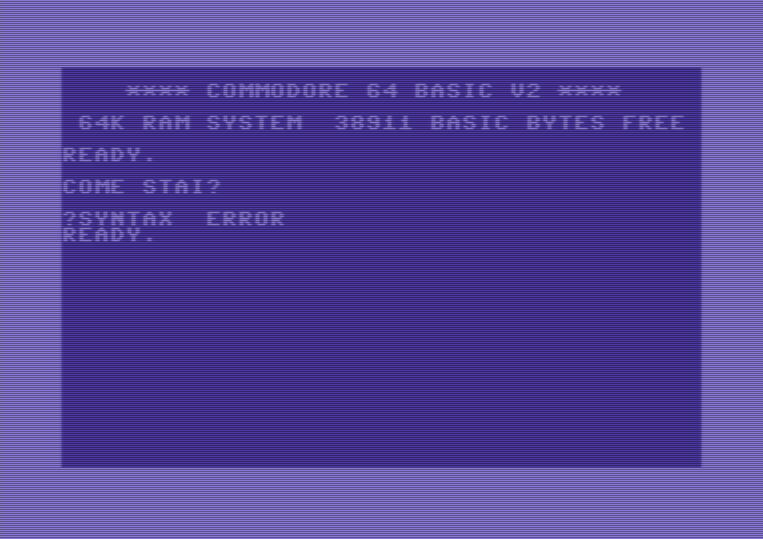A love letter to technical writing
I wanted to write this post for a long time, but got to it only now, perhaps because it’s a natural segue into Let’s blog more about technical writing. Whatever the reason, I’m in a moment of my life where I feel compelled to say out loud why I love technical writing. Perhaps you’ll find some words of inspiration here. Or maybe not.
I love technical writing. Love as in doing it for free – though getting paid for doing it is way better. Love as in collecting old computer manuals and reading them for pleasure. Love as in turning down offers to become a product manager so that I can continue writing. Love as in writing about it, so that more people can join in. Love as in I don’t care if you don’t love it, as long as you don’t hate it.
Isn’t it just a job though? Well, yes, it is. And so is gardening, playing an instrument in an orchestra, or guarding a forest during the summer. Why do I love it?
Because it’s tech and writing and people

I wonder if technical writing is so interesting to me because tech is so damn interesting to me. I feel like I’m to engineers what a sports journalist is to football players: I love the game, I know the game, though I would probably suck at kicking the ball. But I stick around, following the match from the sidelines, cheering teams, soaking it all in. Tech is my pastime, a safe place. Tech is a haven of rationality, of civilized puzzles.
Then there’s the writing component, of course. I’ve been writing fiction and non-fiction since I got my hands on an old Olivetti M-300 in 1994. I’ve been blogging since 2003 and writing for a living since 2008. Writing is my way of escaping the limitations of the physical world, of shaping ideas into something relatable. I write to connect with people, and to connect people between themselves.
You’d say that I love technical writing because I am what I am. I refuse to think that’s the whole story, though. There’s something about tech writing that goes beyond the self. Why?
Because it’s giving life to the inanimate
Writing about tech is instilling life into inanimate matter, so that the living can use it for the greater good. It’s looking in awe at the command prompt of an operating system and wondering how you could make it more friendly. It’s also explaining folks why changing passwords frequently is important, sure. Ultimately, it’s adding what makes us human, that is, language, to products made of steel, bits, or chemical compounds.

The first thing I entered in a computer was “How are you?”. Pardon my Commodore BASIC, I was 7 at the time.
Technical writing not only prevents injuries and saves lives when done well: it empowers people and help them tame technology, bridging the digital divide. Any tutorial, any manual, any reference guide in the wild is a wire crossing the chasm between humanity and tech, between carbon and iron.
In words of Kat Stoica Ostenfeld:
To me, it’s also something about tech writing being a distinctly humanist discipline in a field filled with computer science. Tech writing is ambassadorship. It’s diplomacy. It’s communications. It’s definitely linguistics.
I believe tech writers are first and foremost user advocates, able to understand both sides of the technological equation. That’s why I think we need more writers in tech. Tech needs more humanists, and more translators of engineering thought, more mediators and anthropologists, more chroniclers and philosophers.
As Jeffrey Ventrella beautifully expressed in The Case for Slow Programming:
I believe that we need older people, women, and educators INSIDE the software development cycle. More people-people, fewer thing-people. And I don’t mean on the outside, sitting at help desks or doing UI flower arranging. I mean on the INSIDE – making sure that software resonates with humanity at large.
Isn’t that a good enough reason to love technical writing? Let’s talk about it.